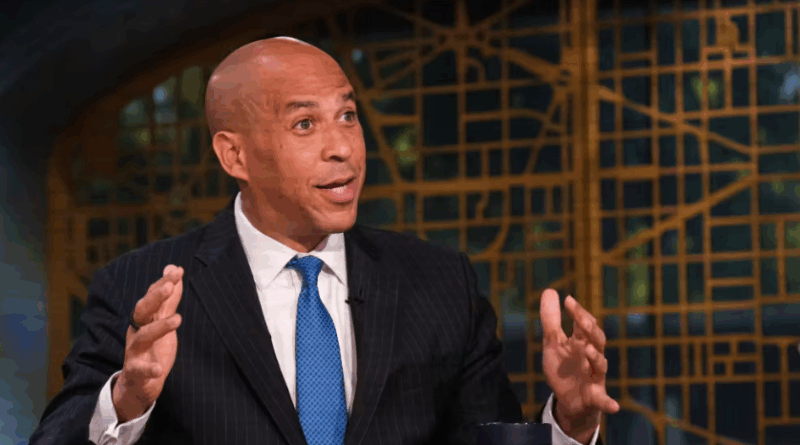Cory Booker Blocks Bipartisan Bill Honoring Anti-Communist Hero
Senator Cory Booker blocked a bipartisan effort this week to honor slain Cuban anti-communist hero Oswaldo Payá by renaming the street outside the Cuban Embassy in Washington, D.C., despite previously supporting identical legislation.
The bill, co-sponsored by Senator Ted Cruz (R-TX) and Senator Dick Durbin (D-IL), would designate the block outside the Cuban Embassy as “Oswaldo Payá Way,” paying tribute to the Cuban dissident who died under suspicious circumstances in 2012. The Inter-American Commission on Human Rights determined Payá’s death was not an accident but an intentional act carried out by the communist regime in Havana.
Cruz described Payá as “a Cuban dissident who fought against the communist regime and who stood up and fought for free speech, for democracy, and for human rights,” adding that he was “a thorn in the side of the Cuban Communist regime his entire life.”
But Booker, while acknowledging Payá’s bravery, stood in opposition—citing not the merits of the man, but the legislative process behind the bill.
“His work should be recognized more by our nation, and I would support the D.C. Council… if it decided through their democratic process to work with the senator and the Democratic sponsor to rename the street,” Booker said. “My objection is simply right now about Washington, D.C.’s right to control their own local affairs.”
Cruz pushed back hard against Booker’s reasoning, noting that Booker himself voted in favor of the same proposal just two years ago under President Joe Biden.
“The purpose here is to put pressure on the Cuban Communist regime, and naming the street does that,” Cruz said on the Senate floor. “Senator Booker voted for this identical legislation two years ago. The only thing that’s changed is that Donald J. Trump is now the President.”
Cruz accused Democrats of abandoning bipartisan cooperation in favor of reflexive opposition to Trump. “Their party is instead unified behind one principle,” he said. “They hate Donald J. Trump.”
Payá, founder of the Christian Liberation Movement, was one of Cuba’s most well-known pro-democracy activists. His suspicious death in a car crash—one that international investigators have tied to Cuban government involvement—has become a symbol of the regime’s violent suppression of dissent.
Booker, who recently broke the record for the longest Senate speech in U.S. history, has made a name for himself with procedural and symbolic grandstanding. In this case, Republicans say his stand for “home rule” masks a deeper political calculation.
Despite bipartisan backing and repeated passage in previous years, the bill to honor Oswaldo Payá has once again stalled—this time over a debate about local control in a city where Congress still wields final authority.

